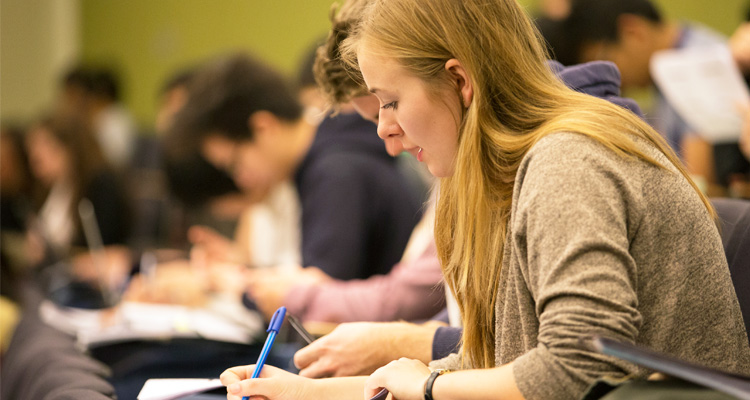01-feature
Epic into Novel
On this module you will delve into some of the great works of literary history. Tracking the transition from the epics of the ancient world to the novels of modernity, you will study a selection of the most influential and formative works in world literature. Reading across history and cultures, between languages and genres, you will develop your skills in analysing narrative, character, and style, and lay the foundations for your future studies in literature.
Texts you might encounter include two of the cornerstone works of the classical world, Homer’s Iliad and Virgil’s Aeneid, the ancient Indian epic The Mahabharata, Milton’s poem of the battle between good and evil, Paradise Lost, Henry Fielding’s bawdy comedy Tom Jones, or Ngũgĩ wa Thiong'o’s novel of decolonising Kenya, Petals of Blood.

